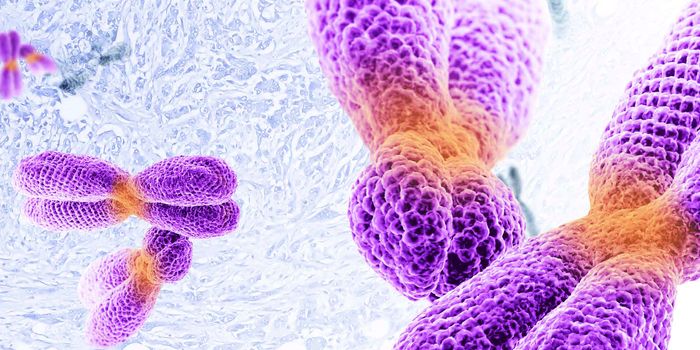Music Therapy Offers an Innovative Approach to Cancer Therapy
Last month, we explored the value of art therapy for cancer patients and survivors, and now we can delve into another integrative therapeutic approach: music therapy. Music therapy utilizes music and sound to foster mental and physical health. While certainly not a preventative or curative cancer treatment, substantial evidence supports how music therapy can improve cancer patients' health and well-being.
The American Music Therapy Association (AMTA) approves the curriculum and training required for music therapists to obtain a degree and certification to work with patients in various settings. Music therapy can involve listening to music, dancing, singing, playing an instrument, or even composing a song. According to the American Society of Clinical Oncology (ASCO), 30 NCI-designated Comprehensive Cancer Centers offer music therapy programs.
One study investigating the value of music therapy on 65 children with cancer published promising results. The investigators found significant improvement in the children’s ratings of their feelings from before participating in music therapy until after. In addition, the parents of pre-school and adolescent aged cancer patients noticed an uptick in play performance. The study concluded that music therapy had a positive impact on the well-being of these children.
Another study found music therapy positively influences end-of-life care for 80 terminal cancer patients receiving hospice care. Patients either received standard hospice care or hospice care with music therapy interventions. While there was no benefit to survival or length of life, this study found that patients receiving music therapy exhibited improved quality of life compared to those not participating in music therapy. The investigators included that music therapy can enhance end-of-life care for terminal cancer patients.
A recent analysis of literature identified 40 published studies measuring the impact of music on cancer patients. The authors found that music therapy was associated with reduced pain, anxiety, and depression and improved quality of life.
Overall, the evidence supports music as a therapeutic tool eliciting positive effects for cancer patients. Like art therapy, music therapy is inexpensive and relatively easy to implement into a therapeutic regimen. Further, there is little to no risk of side effects associated with these types of integrative therapies.
Sources: Dimensions Cancer, J Music Ther









